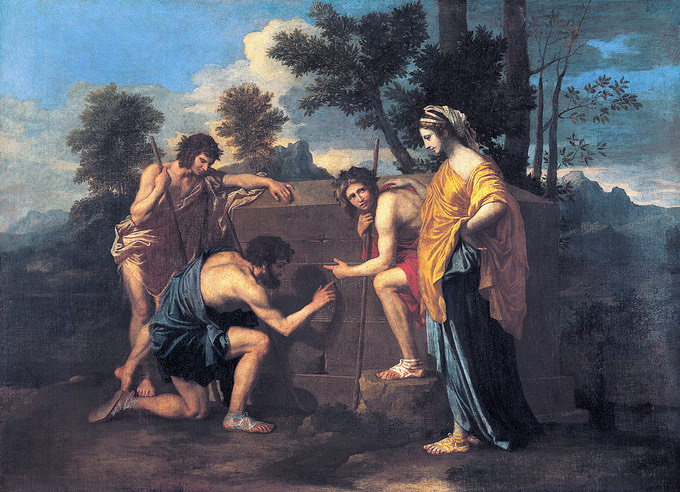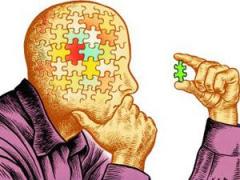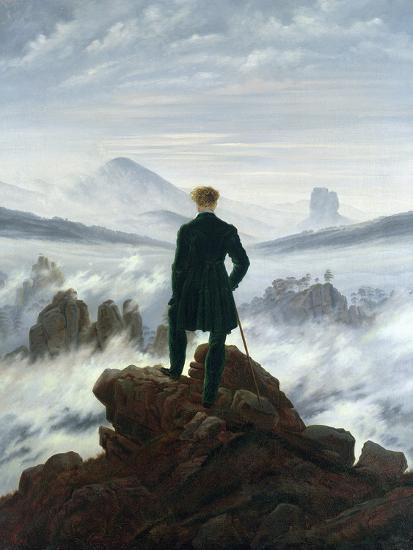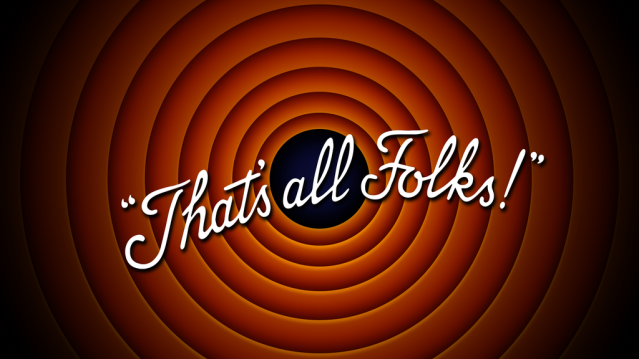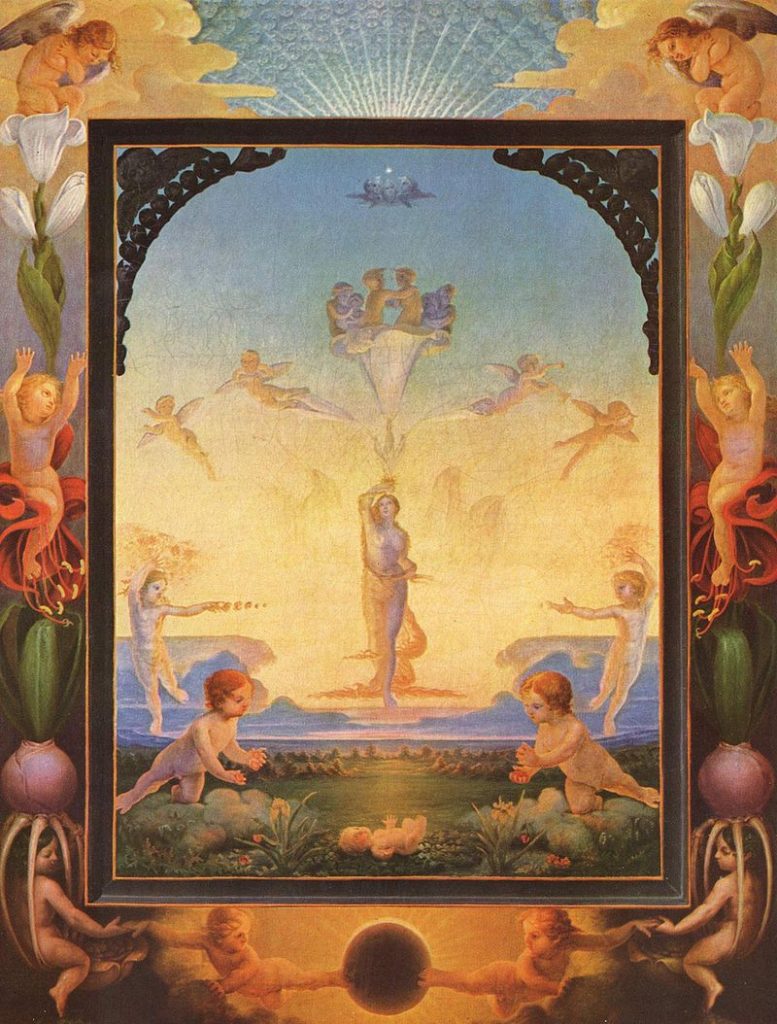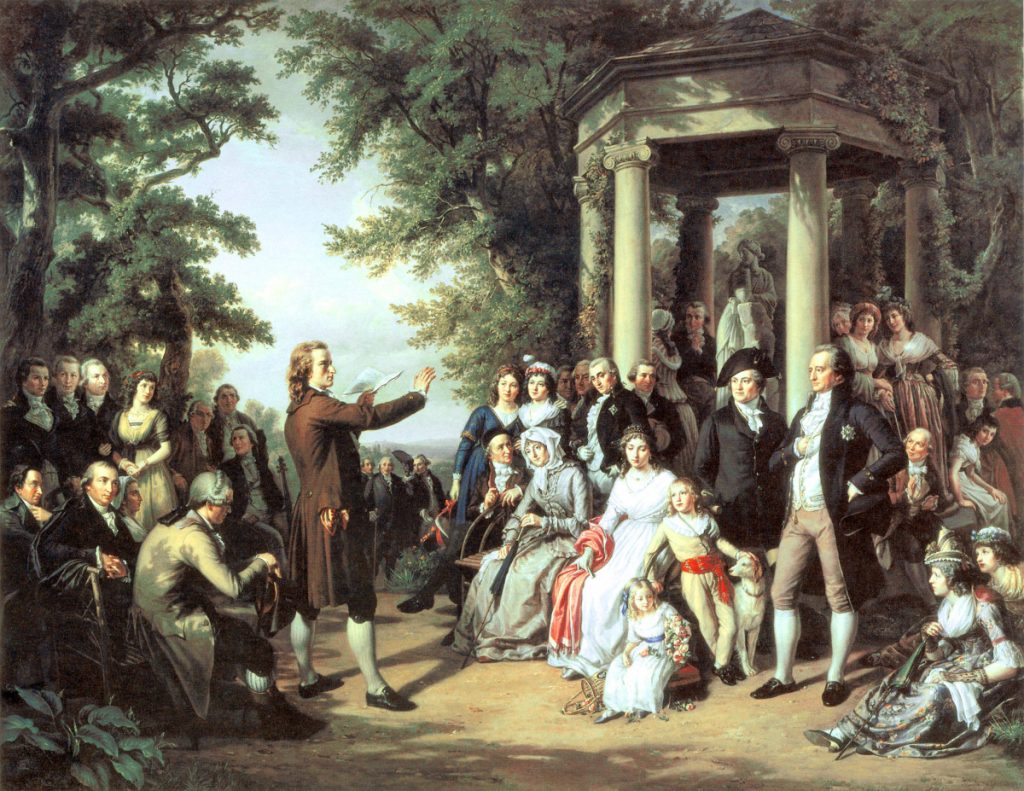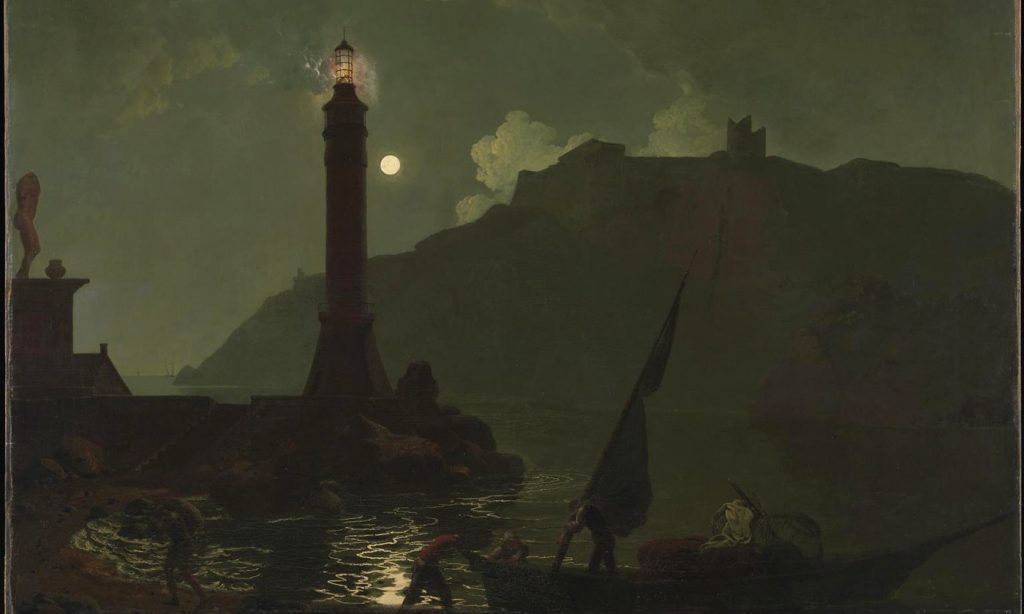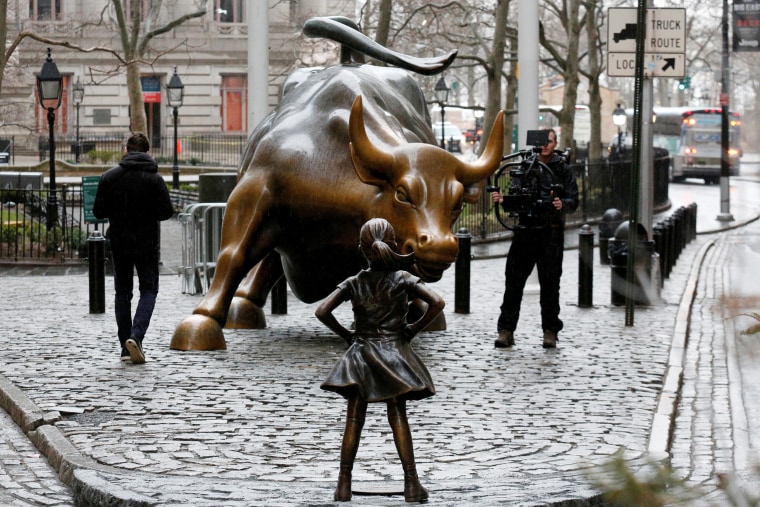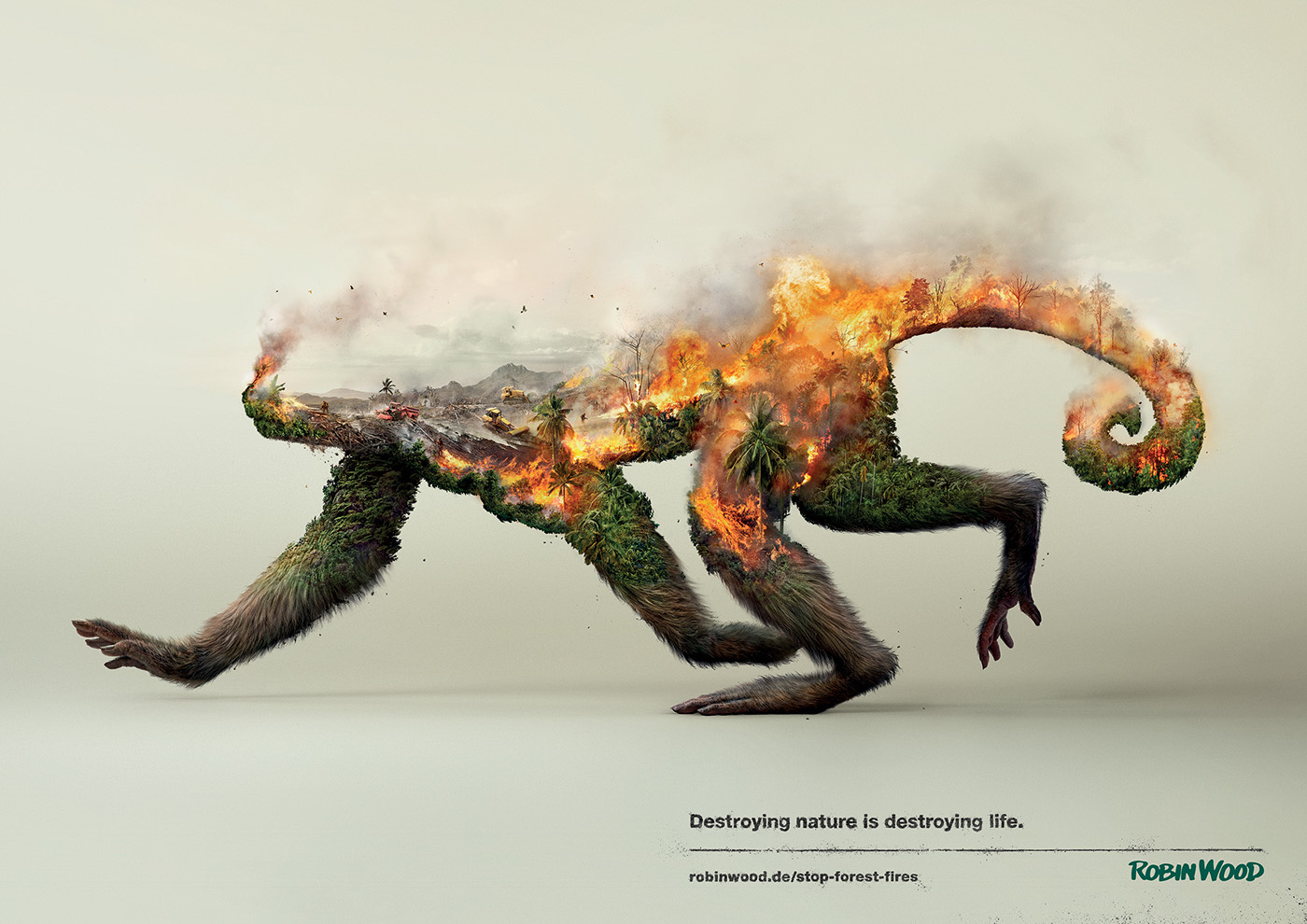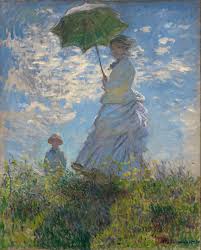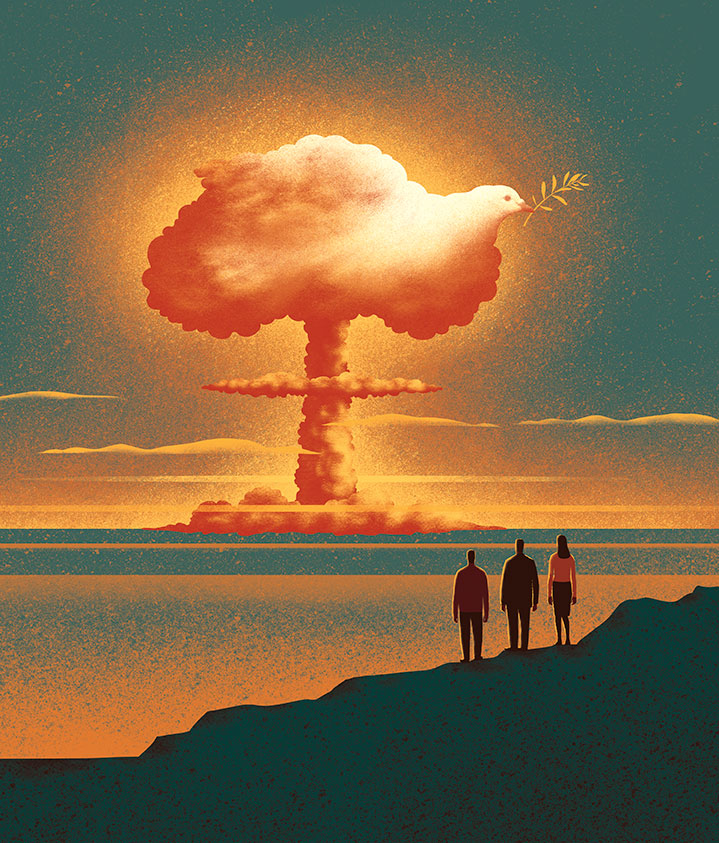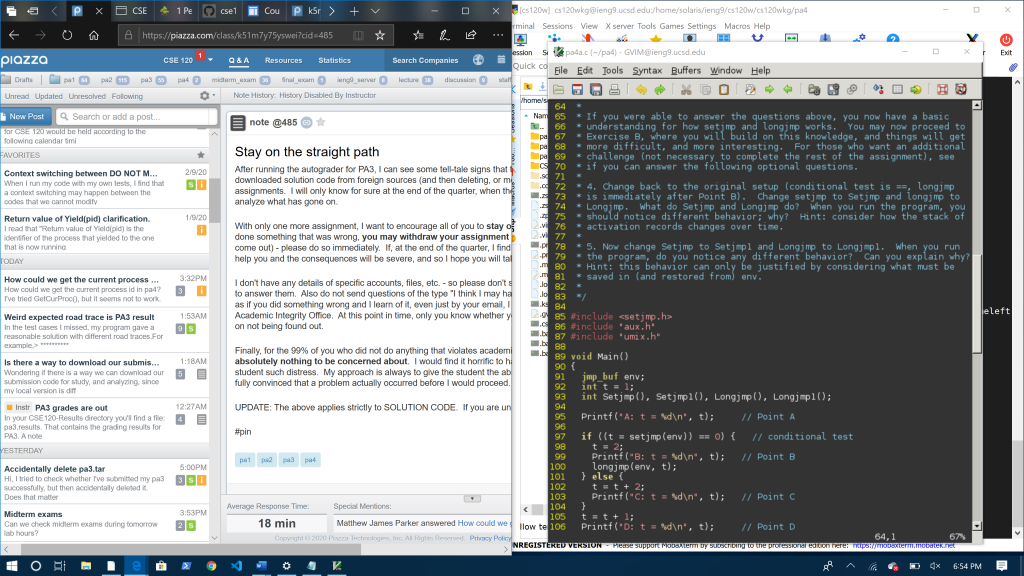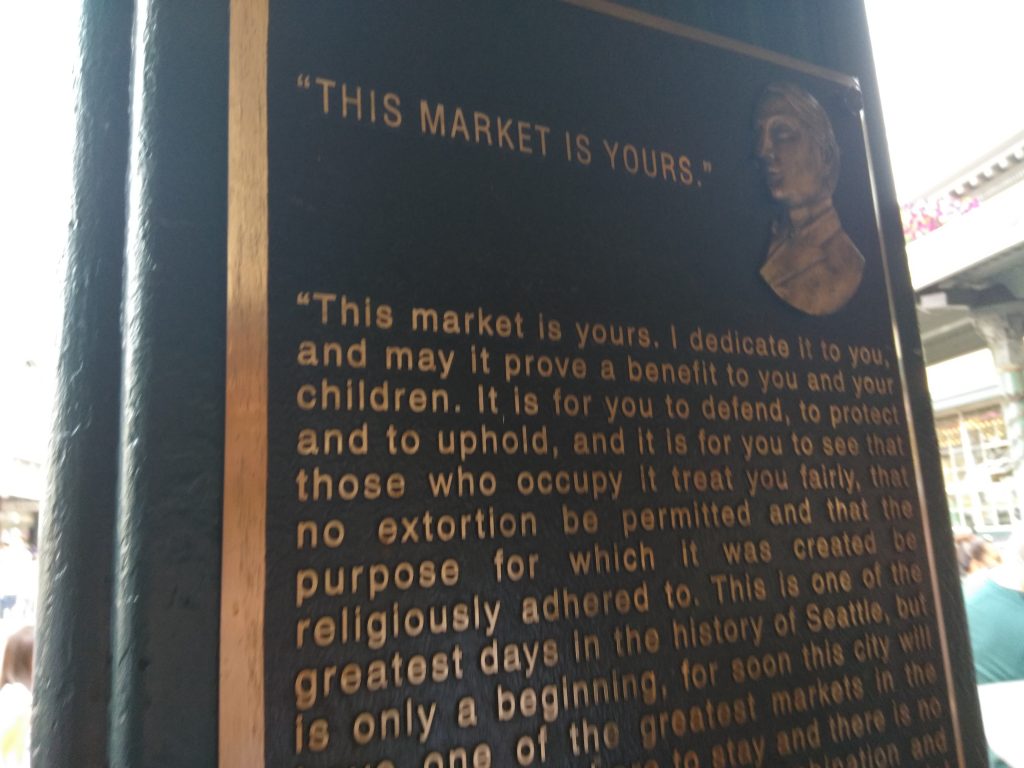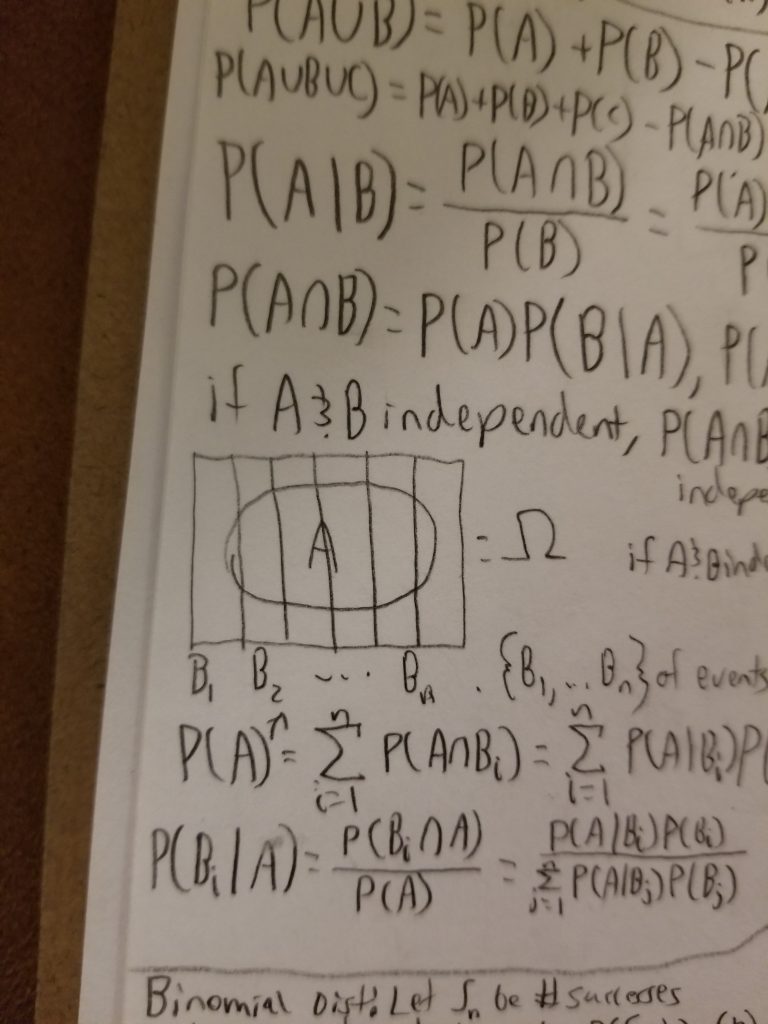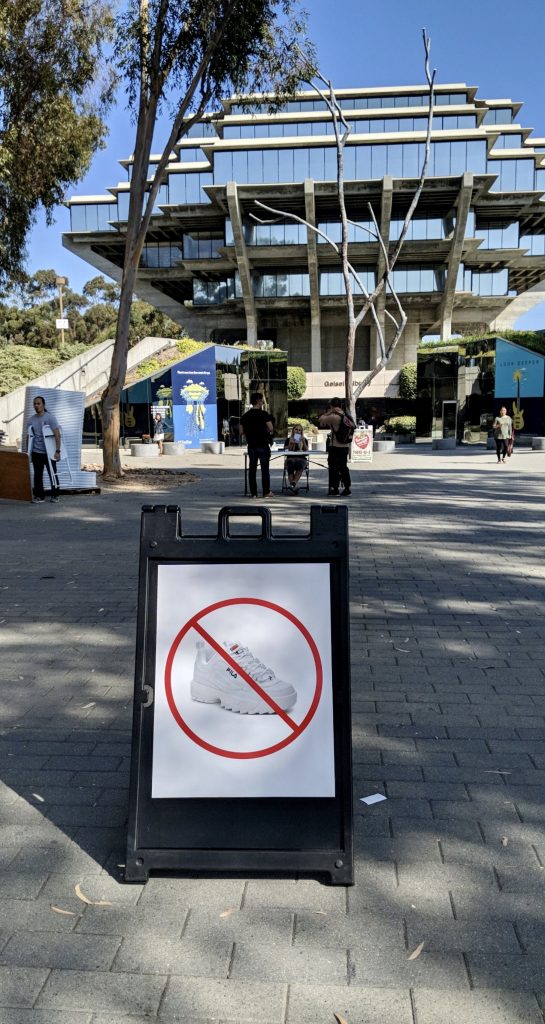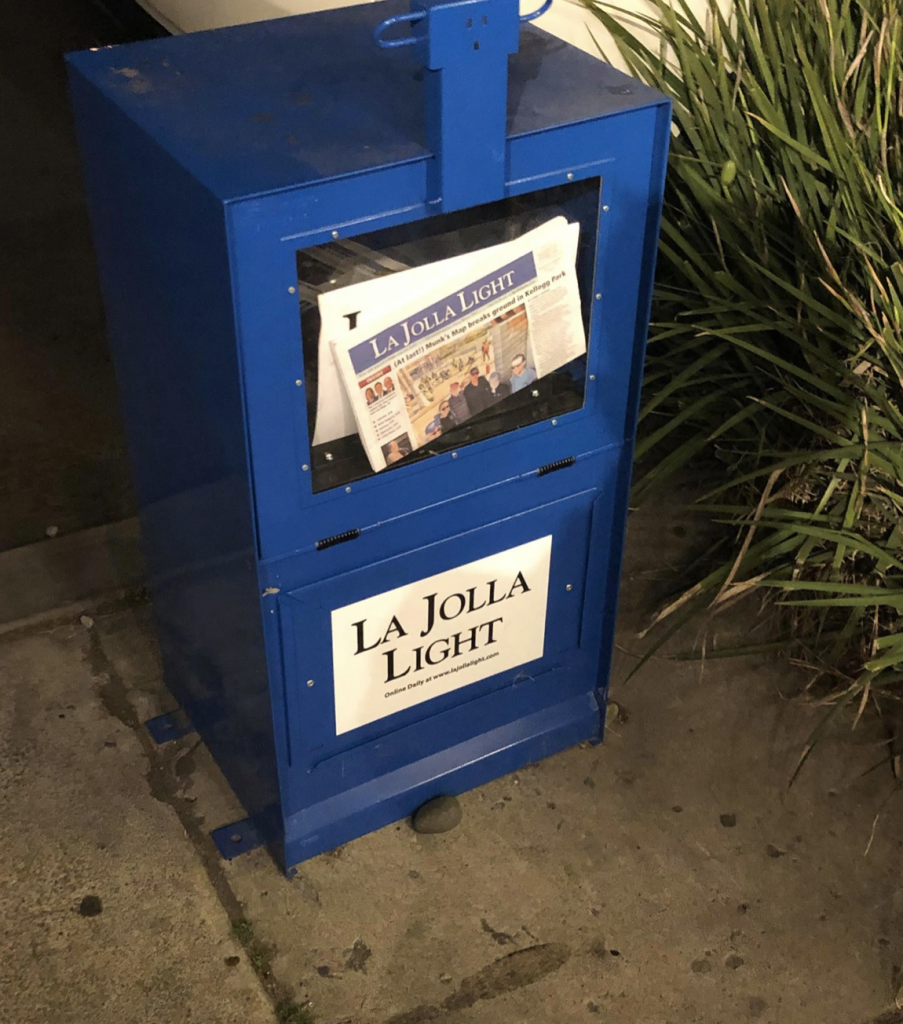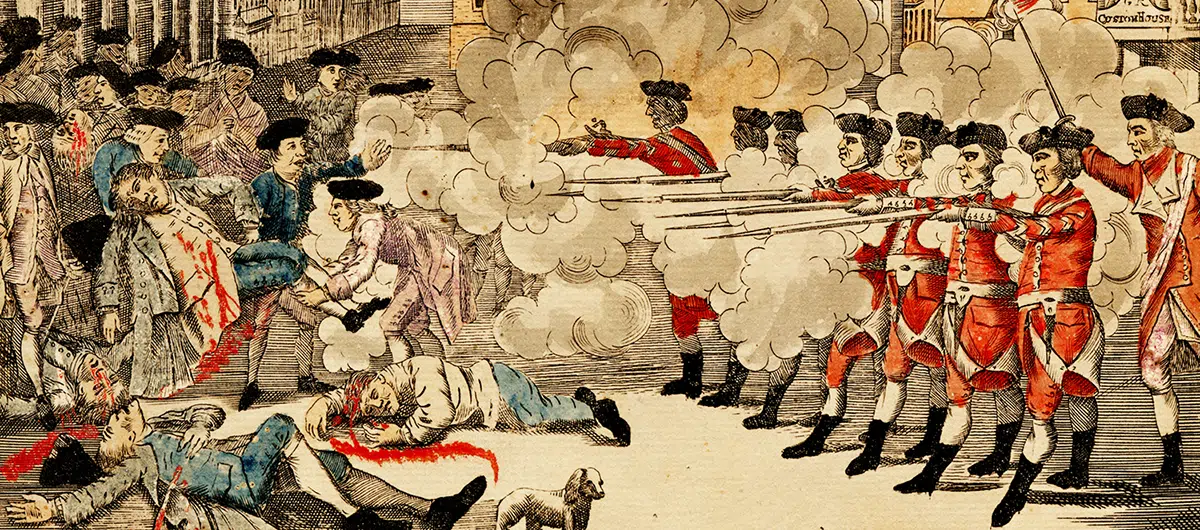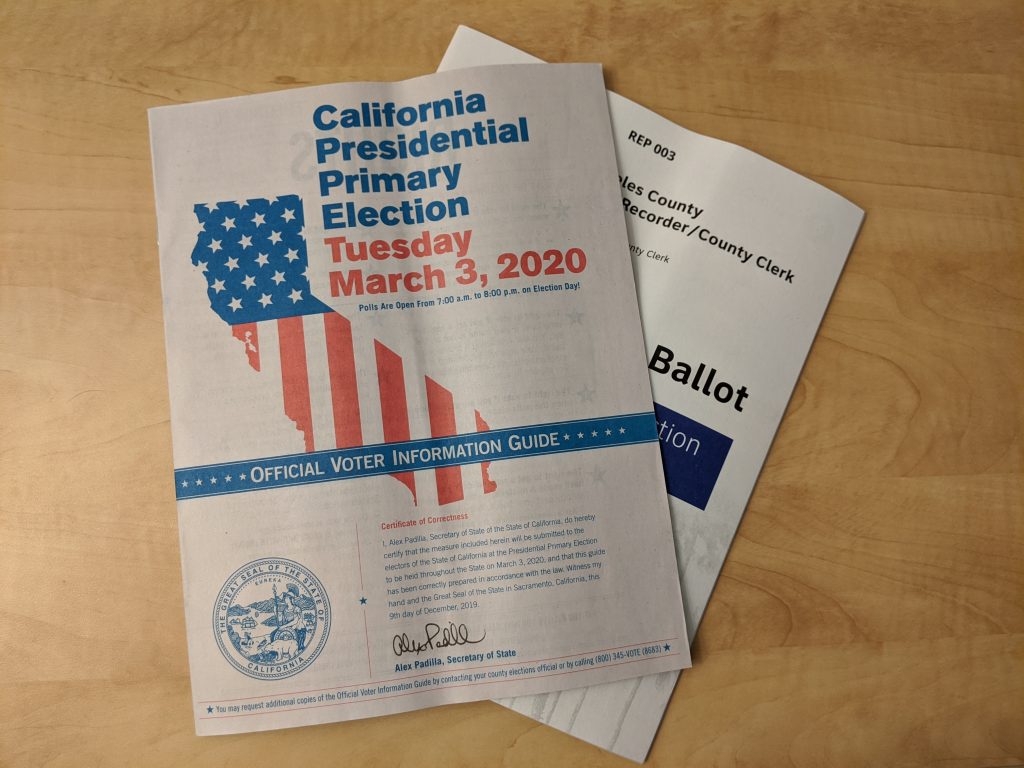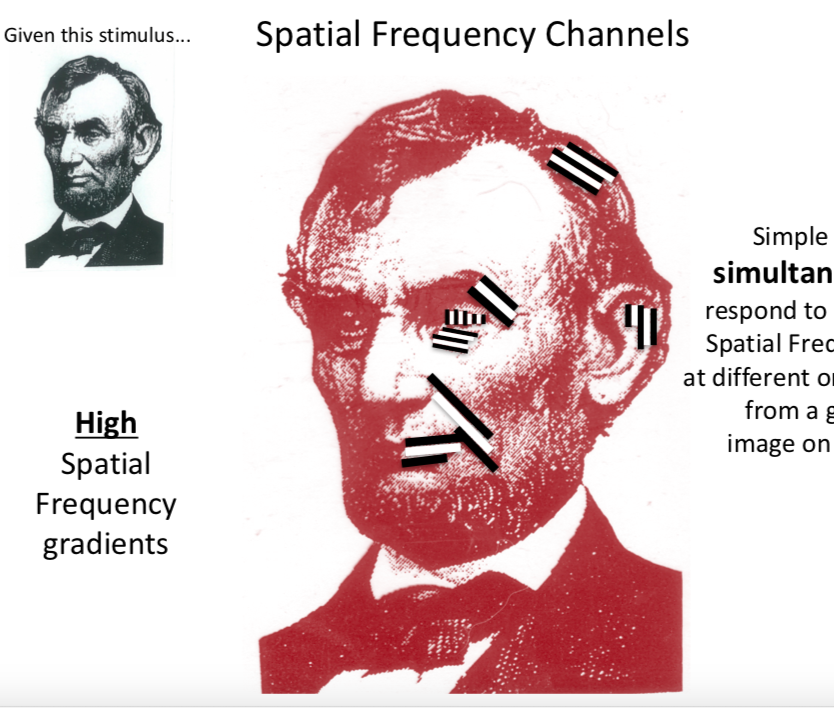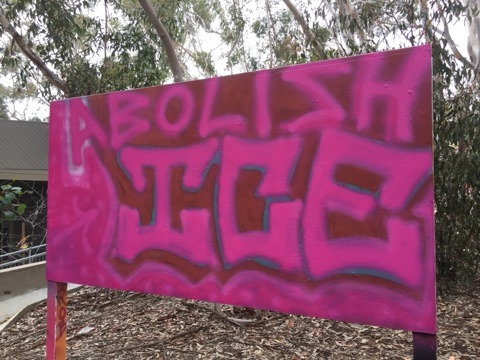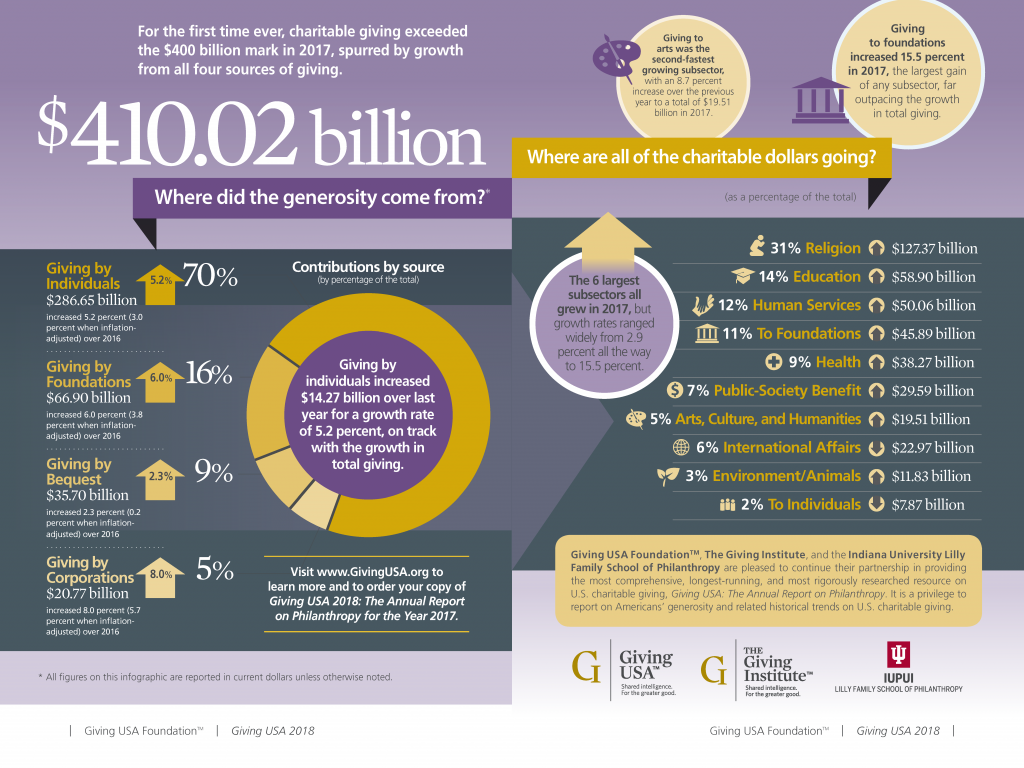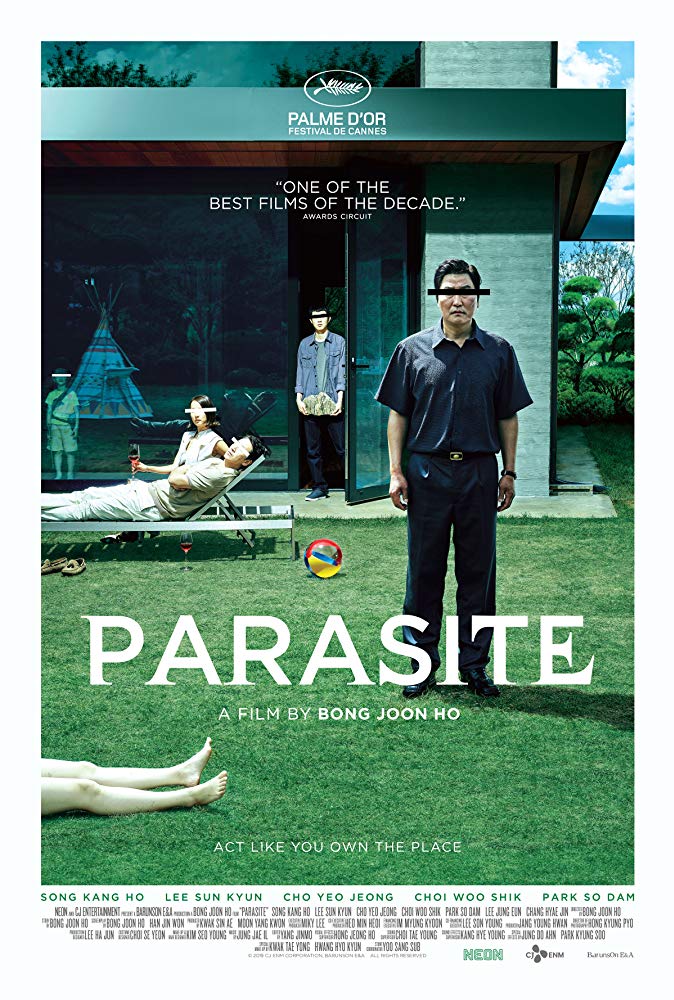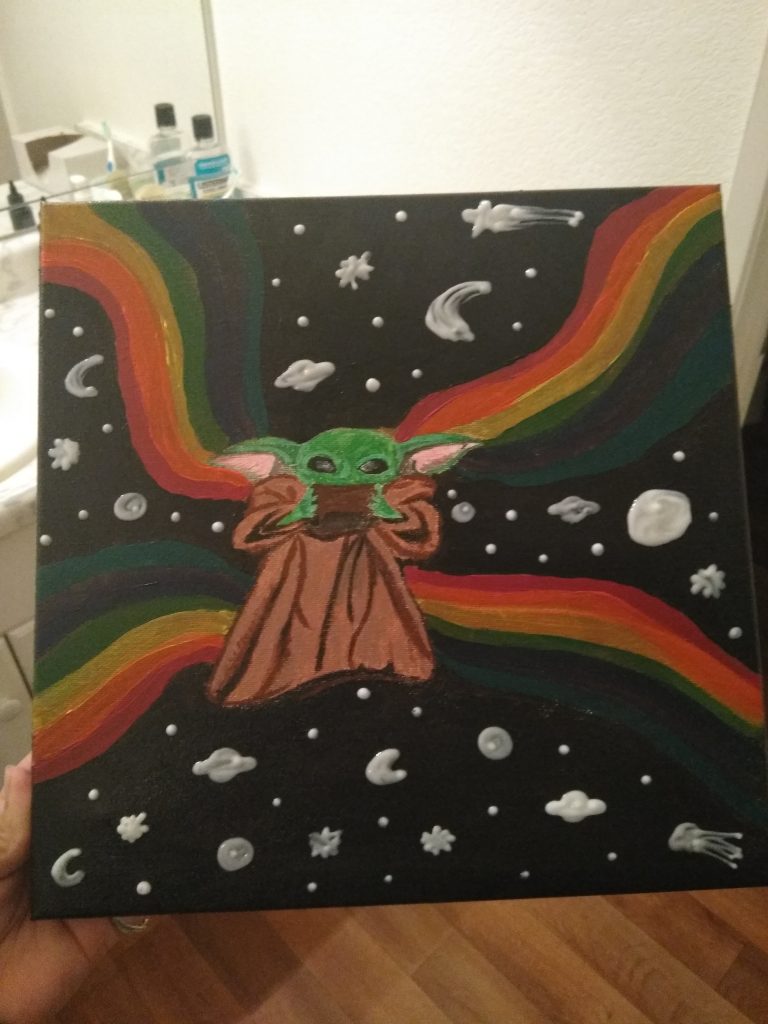I agree most with an intermediate perspective of the Enlightenment and Romanticism. The reason for this is because I can agree with points from both sides. From the Enlightenment. I support its use of reason to encourage scientific progress. From Romanticism, I support its focus on sentiment to encourage introspection. In addition to this, it seems clear to me that taking a moderate approach towards these two ideas is the way to go, as taking an extremist view on any subject tends to lead to disaster, often due to inflexibility.
Learning about the Enlightenment and Romanticism has impacted the way I view our contemporary western culture, as I feel it isn’t as conscious of its past as it should be. The ideas that were developed during the Enlightenment and the Romanticism aren’t as widespread as they should be. I see that many people still commit some of the errors that the Enlightenment and Romanticism warn about. For example, in regards to reason, many people still take “miracles” or outlier incidents to validate their preconceptions. Also, in regards to sentiment, some still take it as a given that we should leave others to wrangle with their emotions on their own.
The most important takeaway I got from this class is that as the lucky few who got the opportunity to experience this class we have an obligation to act on the wisdom we have been provided both in its rational and sentimental aspects. While we shouldn’t impose these ideas on others, we should make others aware of them. Additionally, while we can’t act on every idea brought up by the authors of that time period, we should use our best judgement, to act on those we can.






